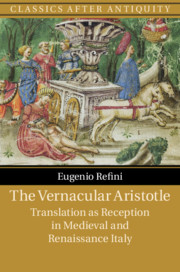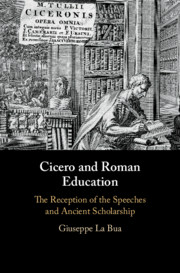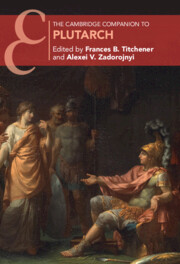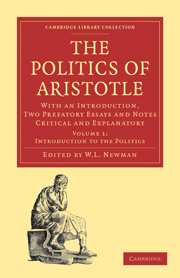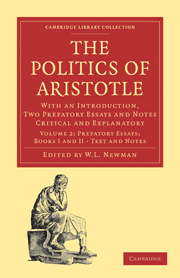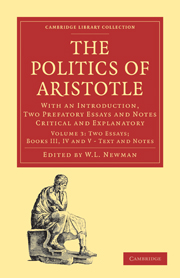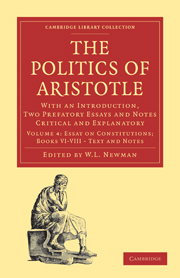The Vernacular Aristotle
Translation as Reception in Medieval and Renaissance Italy
£24.99
Part of Classics after Antiquity
- Author: Eugenio Refini, New York University
- Date Published: April 2023
- availability: Available
- format: Paperback
- isbn: 9781108741439
£
24.99
Paperback
Other available formats:
Hardback, eBook
Looking for an inspection copy?
This title is not currently available on inspection
-
This book explores the ways in which Aristotle's legacy was appropriated and reshaped by vernacular readers in Medieval and Renaissance Italy. It considers translation in a broad sense, looking at commentaries, compendia, rewritings, and abridgments alongside vernacular versions of Aristotle's works. Translation is thus taken as quintessential to the very notion of reception, with a focus on the dynamics - cultural, social, material - that informed the appropriation and reshaping of the 'master of those who know' on the part of vernacular readers between 1250 and 1500. By looking at the proactive and transformative nature of reception, this book challenges traditional narratives about the period and identifies the theory and practice of translation as a liminal space that facilitated the interaction between lay readers and the academic context while fostering the legitimation of the vernacular as a language suitable for philosophical discourse.
Read more- Provides the first wide-ranging account of the vernacular reception of Aristotle in Italy in the period 1250–1500, challenging traditional accounts focused primarily on the Latinate tradition
- Proposes to consider 'translation' and 'reception' as inextricably interconnected
- Combines theoretical questions with the analysis of previously unexplored materials
Reviews & endorsements
'This book provides an excellent case-study both for the dividends reaped from paying close attention to how the classics were read in the later medieval period and how failure to pay attention to this material risks distorting our understanding of the Renaissance.' Justin Stover, Bryn Mawr Classical Review
See more reviews'Scholars of the Renaissance and medieval period, of the history of philosophy, and of the history of the book and of literacy will prize Refini's immensely learned volume. It is equally valuable to literary scholars focused on the practice of reception and on translation, both of which are essential to scholarly interrogation of cultural continuity and discontinuity from the ancient to the modern periods.' Brenda Deen Schildgen, Speculum: A Journal of Medieval Studies
Customer reviews
Not yet reviewed
Be the first to review
Review was not posted due to profanity
×Product details
- Date Published: April 2023
- format: Paperback
- isbn: 9781108741439
- length: 296 pages
- dimensions: 230 x 150 x 15 mm
- weight: 0.42kg
- contains: 19 b/w illus.
- availability: Available
Table of Contents
Introduction: translation as reception
1. Taming the philosopher
2. The master of those who know (and those who don't)
3. Family business: readying the ethics for the layman
4. The philosopher, the humanist, the translator and the reader
5. Abridging the philosopher(s)
Conclusion: the spirit in the crystal bottle.
Sorry, this resource is locked
Please register or sign in to request access. If you are having problems accessing these resources please email [email protected]
Register Sign in» Proceed
You are now leaving the Cambridge University Press website. Your eBook purchase and download will be completed by our partner www.ebooks.com. Please see the permission section of the www.ebooks.com catalogue page for details of the print & copy limits on our eBooks.
Continue ×Are you sure you want to delete your account?
This cannot be undone.
Thank you for your feedback which will help us improve our service.
If you requested a response, we will make sure to get back to you shortly.
×
